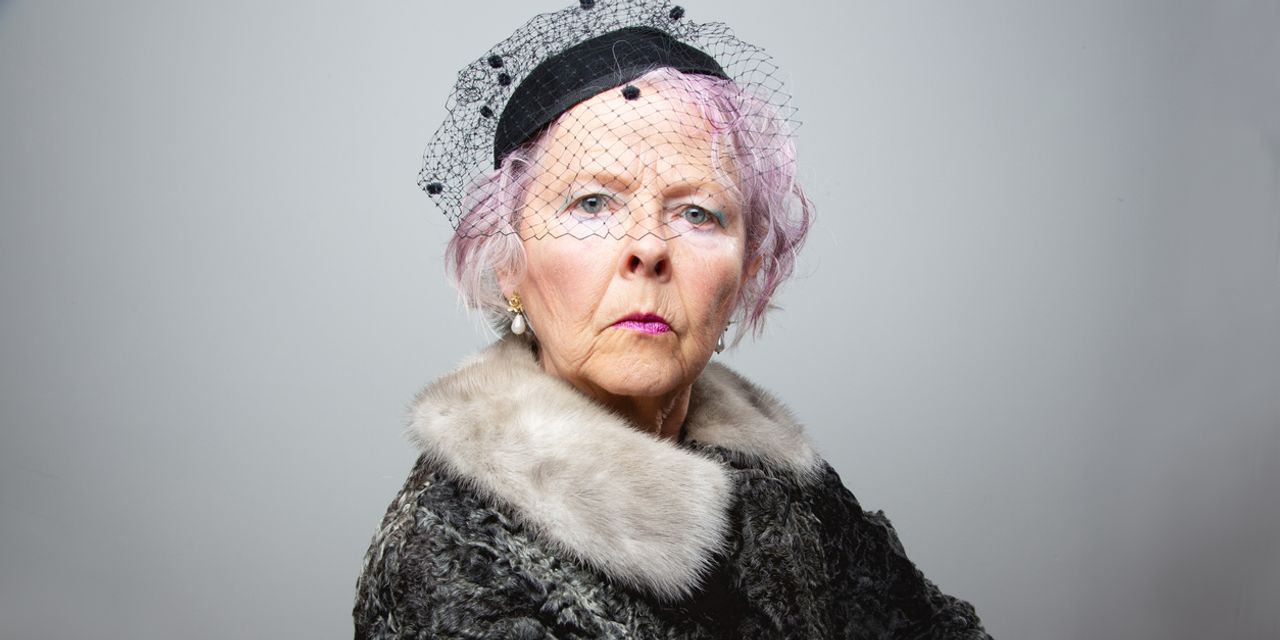My mother is in her late 80s and owns her home outright. I have a half-brother I’ll call “Matt.” Matt has been designated my mother’s power of attorney. My mother has told me that in her will, everything will be split 50/50 between Matt and me.
Her house is the only valuable asset. She is considering adding both me and Matt to the deed on her house. I’ve asked to see her will several times to verify her claim, and she has denied me every time, reiterating that everything is split 50/50.
Matt has always been hostile toward me, and I do not trust him to cooperate or be fair. He has a history of doing this with other family property. I have cut him out of my life. I expect him to cheat me out of my share of the estate or delay probate to prevent me from getting anything.
My mother has always favored Matt because he gave her grandchildren, and I did not. I also have a second half-brother, “Liam,” who my mother claims to have cut out of her will because she says he “has plenty of money,” but I cannot confirm this.
Liam and my mother no longer have a relationship because of this. My mom and Matt live in the same state, and Liam and I live out of state. What can I do to ensure that I have a good outcome and don’t get cheated out of my share of the estate by Matt or my mother?
My Mother’s Son
Dear My Mother’s Son,
You are doing everything in your power to cheat yourself out of your inheritance. But let’s talk about the house first, and the will second.
Do not put your name on the deed of your mother’s house while she is alive. If your mother adds your name to the title before she dies, whenever you decide to sell the home, you will pay capital gains on the amount over price she paid for it. That could cost you could thousands, if not hundreds of thousands, of dollars. If she paid $100,000 and you sell the house for $800,000, you would pay capital gains on $700,000, minus fees.
However, if you inherit this home from your mother, you will do so at a “step-up in basis” and only pay capital gains on the market value at the time of your mother’s death. So if she bought the house for $100,000 and it was worth $600,000 when she died and worth $800,000 when you eventually decide to sell, you will only pay capital gains on that $200,000.
Let’s move on to the part of your letter that deals with your mother’s will. Here’s a life lesson — with apologies in advance to Maya Angelou — if someone tells you that you are in their will, believe them. And be nice about it. Don’t chase them for a hard copy and insist that you are entitled to any portion of their estate.
Here are some possible outcomes:
Bad outcome No. 1: Your mother, true to her word, decided to leave you 50% of her estate. But because you badgered and cajoled her to show you the evidence, she is hurt and annoyed that you don’t trust her, so she reverses her decision and cuts you out of the will.
Bad outcome No. 2: She tells you you’re in her will, but she’s not telling you the truth. You stamp your foot and tell her you want to see the will in black and white. Boy, did she make the right decision. She tells her lawyer to make it crystal clear that you’re out, so she only leaves you $1.
Good outcome No. 1: She leaves you money in her will and, at her behest, you take her at her word. You inherit half of her estate. Hurray! You narrowly avoided a scenario where she could have reversed her generous decision because of your constant nagging and lack of trust.
Good outcome No. 2: She has, as you suspected, lied. You’re not in the will, so you sue her estate! You tell the court there was no mention of either you or your other half-brother in the will and argue that it was an oversight. You now have a fighting chance at one-third of her estate.
Bottom line No. 1: You risk doing damage to yourself by demanding to see a copy of the will. Even if she has included you, it would only take one visit to her attorney’s office to leave you nothing (or $1). If she has not included you, I don’t think treating her like an ATM will change that.
Bottom line No. 2: Don’t focus on what might happen. Matt, as a co-beneficiary, might want everything for himself, but he would have no grounds to cut you out. If he, as executor, tried to delay probate, you could simply file a petition with the probate court to have him removed.
Finally, how would you feel if you had a child who demanded to see a copy of your will? Would it feel like your child was more concerned about money than your relationship? Like you couldn’t be trusted? Like you were a fool for including them in the first place? Continuing this debacle is not going to end well.
You can’t be cheated out of something that isn’t yours to begin with. Do something nice for your mother instead. Take her out for dinner.
You can email The Moneyist with any financial and ethical questions at [email protected], and follow Quentin Fottrell on X, the platform formerly known as Twitter.
Check out the Moneyist private Facebook group, where we look for answers to life’s thorniest money issues. Post your questions, tell me what you want to know more about, or weigh in on the latest Moneyist columns.
The Moneyist regrets he cannot reply to questions individually.
Previous columns by Quentin Fottrell:
I’m 35 and mortgage-free. My boyfriend, 55, wants me to move into his house and help pay off his mortgage. What should I do?
My mother is guarantor on my brother’s mortgage — using her home as collateral. What happens if she dies?
‘I’ve been living inside a silent divorce’: I want a ‘kitchen-table’ separation from my husband without lawyers. Is that a good idea?
Read the full article here







